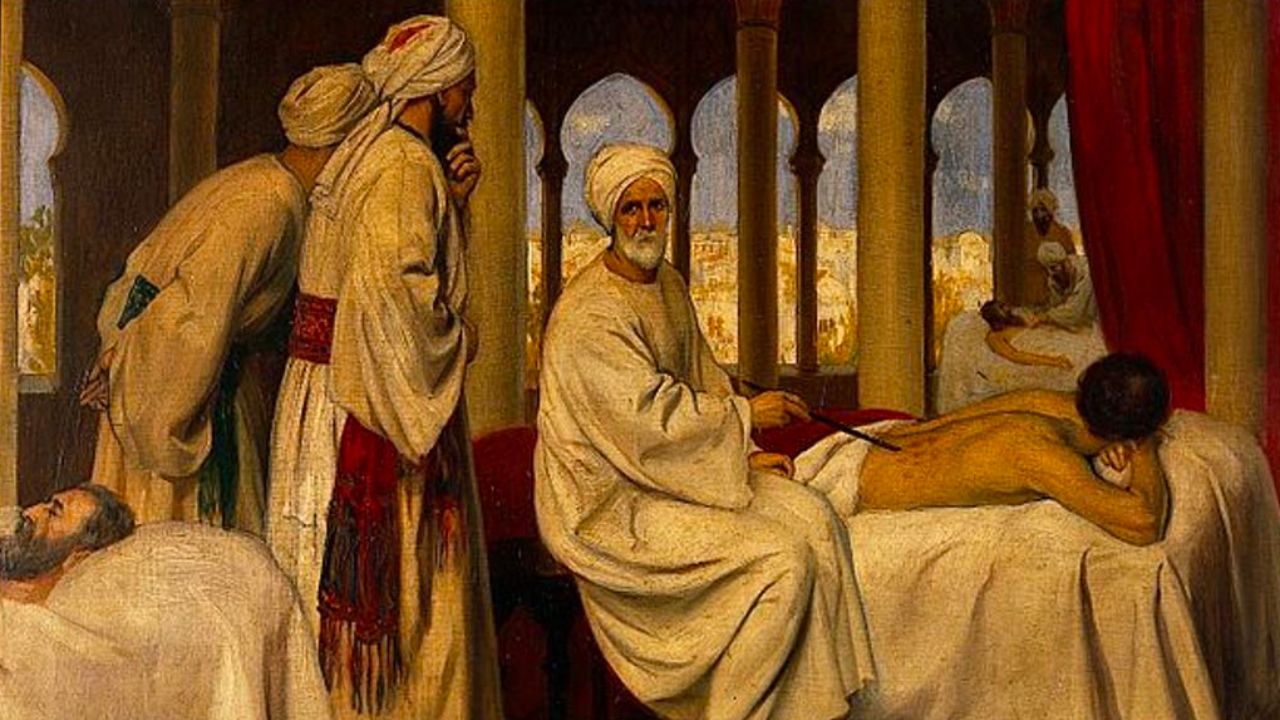Islam has a rich history of contributing to various fields of knowledge, including science and technology. Muslims have made significant contributions to the advancement of scientific and technological knowledge, not just in the Islamic world but also in the broader global community. In this article, we will explore 10 Muslim contributions to science and technology.
- Algebra
Algebra was developed by the Muslim mathematician, Al-Khwarizmi, in the 9th century. His book, “The Compendious Book on Calculation by Completion and Balancing,” laid the foundation for modern algebraic equations and mathematical principles.
- Optics
Ibn al-Haytham, known in the West as Alhazen, was a Muslim physicist who made significant contributions to the field of optics. His work on light and vision paved the way for the development of eyeglasses and lenses.
- Astronomy
Muslim astronomers such as Al-Battani and Al-Farghani made significant contributions to the field of astronomy. They developed methods for determining the positions of celestial bodies and contributed to the understanding of the solar system.
- Medicine
Muslim physicians such as Al-Razi and Ibn Sina, known in the West as Rhazes and Avicenna, respectively, made significant contributions to the field of medicine. They wrote influential medical texts and developed new treatments for a variety of ailments.
- Navigation
Muslim scholars developed techniques for celestial navigation, which were used for maritime travel and exploration. The astrolabe, an instrument used for determining latitude, was invented by Muslim scholars.
- Chemistry
Muslim chemists such as Jabir ibn Hayyan made significant contributions to the field of chemistry. They developed new methods for distillation and studied the properties of various substances.
- Architecture
Muslim architects developed new techniques for building large, complex structures such as mosques and palaces. They also developed new styles of architecture, such as the horseshoe arch and the muqarnas.
- Music
Muslim musicians such as Al-Farabi made significant contributions to the field of music. They developed new musical instruments and studied the properties of sound.
- Agriculture
Muslim farmers developed new techniques for irrigating crops and cultivating land. They also introduced new crops and plants to the regions where they lived.
- Education
Muslim scholars developed new methods for teaching and learning, which were used in schools and universities throughout the Islamic world. They also wrote influential textbooks on a variety of subjects.
In conclusion, Muslims have made significant contributions to the fields of science and technology throughout history. From algebra and optics to medicine and agriculture, Muslim scholars have contributed to the advancement of knowledge in a variety of fields. By acknowledging these contributions, we can appreciate the diversity of human knowledge and the shared human pursuit of understanding the world around us.




